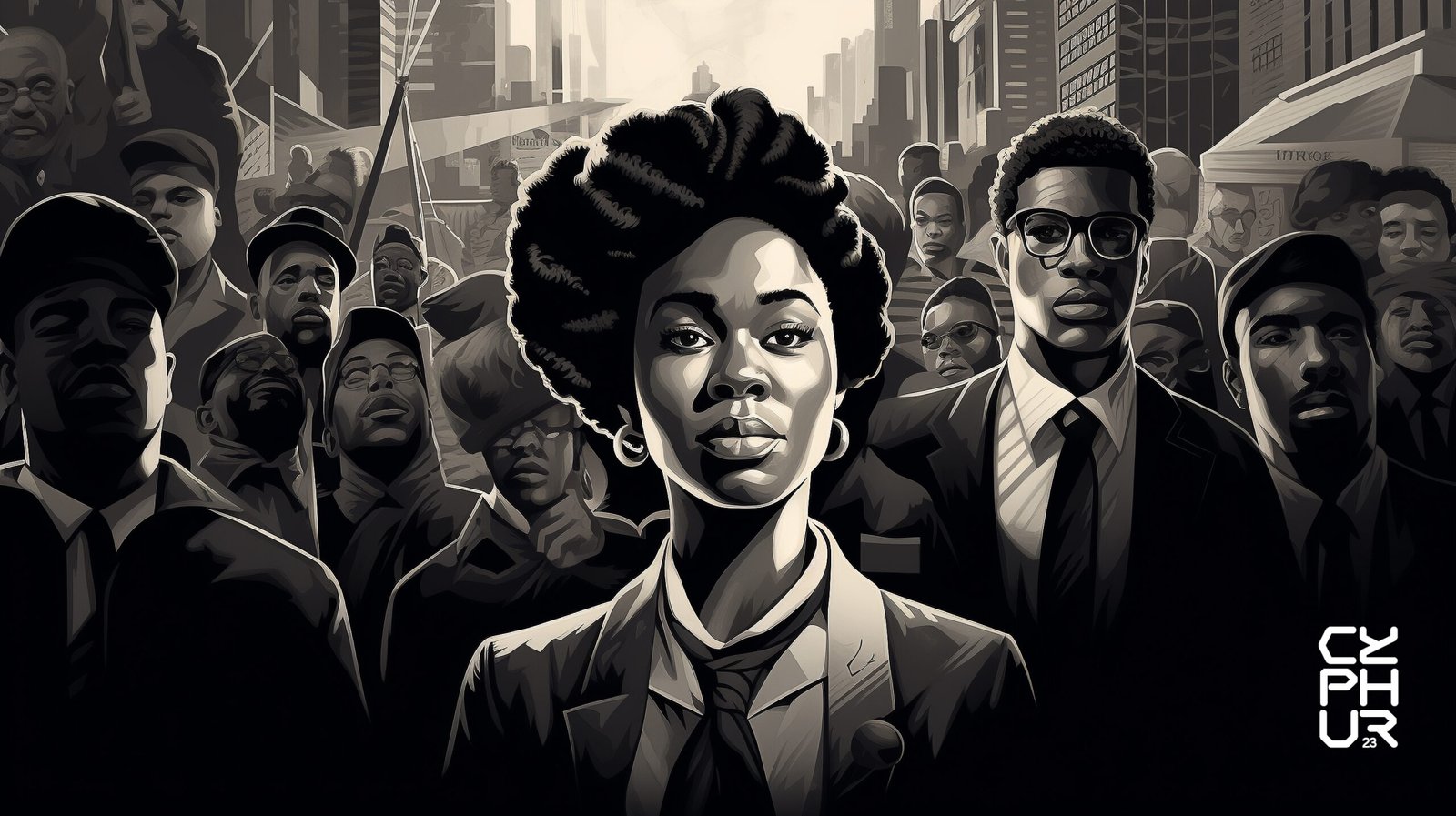In the pursuit of social change, the power of ideas cannot be underestimated. Throughout history, Black intellectuals have risen to the forefront, using their voices and intellect to challenge societal norms, ignite movements, and advocate for equity and equality. In this article, we delve into the influential contributions of Black intellectuals, exploring their ideas, theories, and profound impact on the ongoing fight for a more just and inclusive society.
Black intellectualism encompasses a wide range of disciplines, from literature and philosophy to social sciences and activism. From the profound insights of W.E.B. Du Bois and his concept of double consciousness to the groundbreaking work of bell hooks in feminist theory and intersectionality, Black intellectuals have consistently expanded our understanding of power dynamics, racial identity, and the complexities of social injustice. Their ideas have paved the way for critical conversations and catalyzed movements for change.
The works of Black intellectuals have not only challenged existing power structures but have also provided frameworks for envisioning a more equitable future. Activists like Angela Davis have used their intellectual prowess to analyze and critique oppressive systems, advocating for transformative justice and dismantling systems of racial and economic inequality. By providing intellectual grounding for social movements, Black intellectuals have played a crucial role in shaping the discourse and strategies of resistance.
One cannot discuss Black intellectualism without acknowledging the immense contributions of Black scholars in the realm of education. Figures like Carter G. Woodson, the “Father of Black History,” dedicated their lives to uncovering and celebrating the rich history and achievements of Black people, challenging the erasure of Black narratives from mainstream education. Their efforts paved the way for the establishment of Black Studies programs and the integration of Black history into curricula, empowering generations to take pride in their heritage and fostering a sense of collective identity.
In addition to their academic contributions, Black intellectuals have also been instrumental in shaping popular culture and challenging dominant narratives. Artists such as James Baldwin, Maya Angelou, and Ta-Nehisi Coates have used their literary prowess to convey the experiences of Black individuals, exposing the harsh realities of racism and inspiring empathy and understanding. Through their art, these intellectuals have humanized the Black experience, challenging stereotypes and fostering a more nuanced and inclusive understanding of Black identity.
The influence of Black intellectualism extends beyond academia and the arts. In the realm of social activism, figures like Martin Luther King Jr., Malcolm X, and Audre Lorde have employed intellectual rigor to articulate visions of justice and inspire mass mobilization. Their speeches and writings have resonated with millions, galvanizing movements and laying the groundwork for significant social and political change. Black intellectuals have served as thought leaders and catalysts for transformative movements, leaving an indelible mark on history.
As we navigate the present landscape, it is vital to recognize and uplift the voices of Black intellectuals who continue to shape the pursuit of social change. Their ideas, theories, and perspectives challenge us to confront the inequities that persist and inspire us to work towards a more just and inclusive society. By engaging with their works, supporting their scholarship, and amplifying their voices, we can ensure that Black intellectualism remains a powerful force in the ongoing fight for equity and equality.
Black intellectualism has been an integral part of the pursuit of social change. The contributions of Black intellectuals in academia, activism, and the arts have challenged dominant narratives, expanded our understanding of oppression, and provided frameworks for envisioning a more just future. By celebrating and embracing Black intellectualism, we honor the powerful voices that have shaped our society and continue to guide us in the ongoing struggle for equity and equality.
